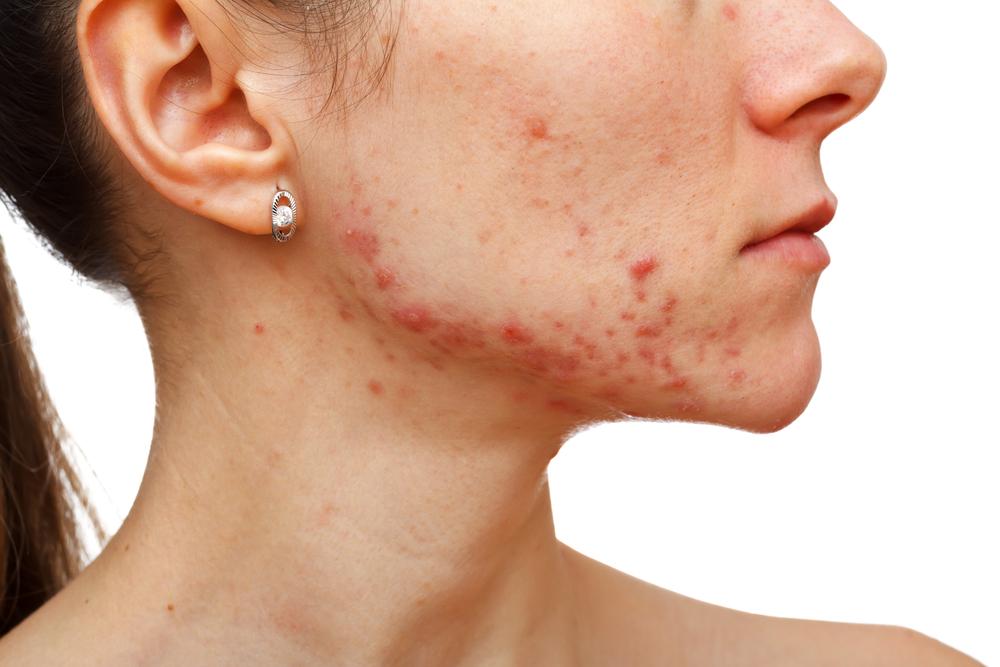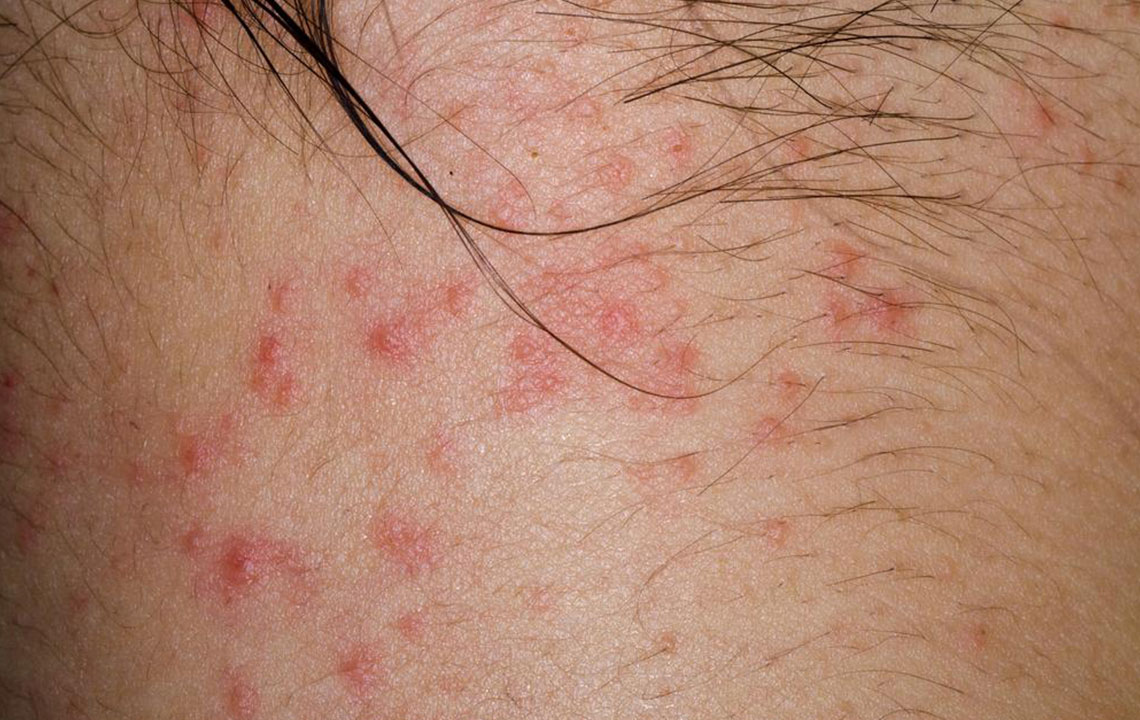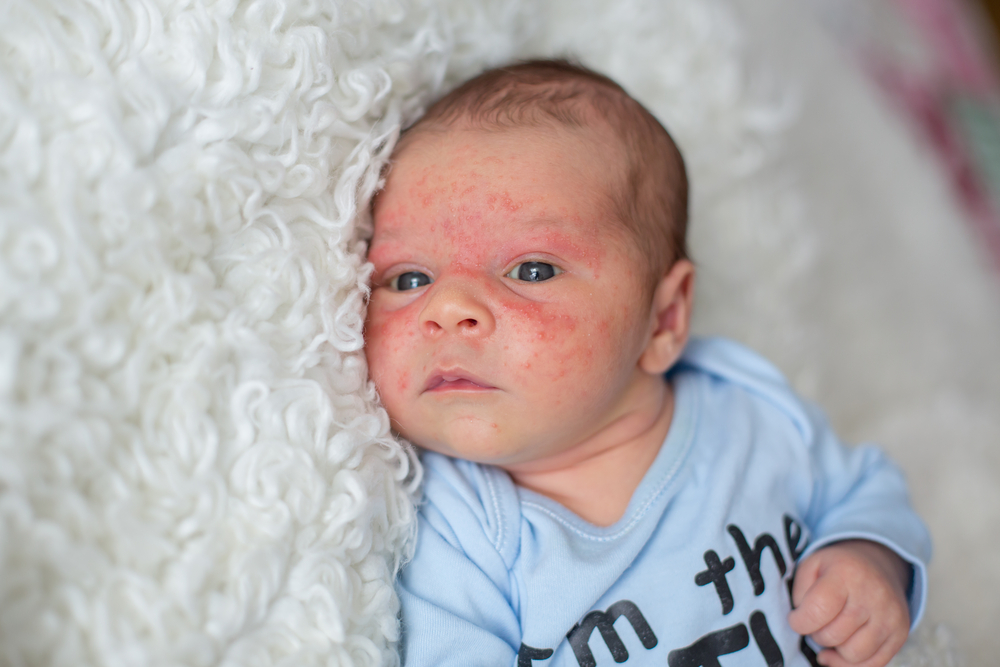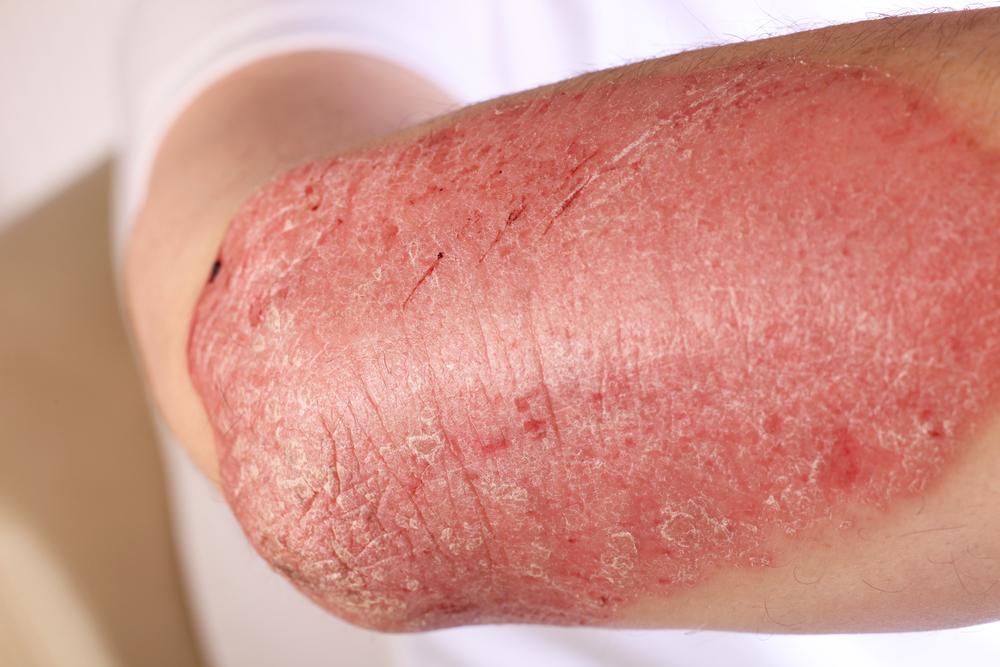Comprehensive Guide to Eczema: Causes, Symptoms, and Effective Management Strategies
Eczema, also known as atopic dermatitis, is a prevalent chronic skin condition characterized by itchy, inflamed patches. This comprehensive guide explores the causes, symptoms, and management strategies to help individuals effectively control flare-ups, prevent complications, and maintain healthier skin. Understanding the role of genetics, environmental factors, and lifestyle tips is vital for effective treatment and improving overall quality of life with eczema.

Understanding Eczema: Causes, Symptoms, and Proven Treatment Methods
Eczema Explained: An In-Depth Look at Its Causes, Recognizing Symptoms, and Management Options
Eczema, medically known as atopic dermatitis, is a common chronic inflammatory skin disorder that affects millions around the world. Its prevalence spans all age groups, from infants to adults, making it a significant concern for global health. Characterized by itchy, inflamed skin patches, eczema can appear on various parts of the body, including the cheeks, arms, legs, and areas behind the knees. Despite its widespread occurrence, many people remain unaware of the underlying causes and the best approaches to managing this condition effectively. Understanding eczema comprehensively is crucial for those affected, as well as for caregivers and healthcare providers aiming to improve patient outcomes.
What Causes Eczema?
The primary factor behind eczema is a disruption in the skin's barrier function. Healthy skin forms a natural protective barrier that shields the body from environmental irritants, allergens, and microbial infections, while also retaining moisture. In individuals with eczema, this barrier is compromised due to genetic predispositions, leading to increased skin permeability and vulnerability. This defective barrier allows irritants, allergens, and microbes to penetrate more easily, resulting in inflammation and skin irritation.
Genetic factors play a significant role in eczema. Variations in certain genes that regulate skin barrier proteins, such as filaggrin, are often linked with the development of eczema. A weakened barrier also makes the skin more sensitive to environmental factors and allergens, which can trigger flare-ups. Moreover, food allergies—especially in children—are known to provoke eczema outbreaks. Besides genetics, environmental influences such as harsh weather conditions, pollution, excessive sun exposure, and dry indoor climates can exacerbate the condition.
Increased exposure to irritants like soaps, detergents, and cleaning chemicals can strip natural oils from the skin, worsening dryness and inflammation. Additionally, immune dysregulation, which causes an overactive immune response to innocuous substances, contributes to eczema's persistence. Excessive hand washing and living in arid, dry climates may also contribute to the development or worsening of eczema symptoms.
Identifying the Symptoms of Eczema
Early recognition of eczema symptoms is vital for prompt management and preventing complications. Most cases begin before age five, though eczema can persist into adolescence and adulthood, with symptoms fluctuating over time. The presentation varies among individuals, but common signs include:
Small, itchy bumps that may leak fluid if scratched excessively
Persistent and intense itching, often worse at night, disrupting sleep
Dry, rough, and flaky skin that may crack or scaly
Red or brownish-gray patches, prominently in infants on the face and scalp, and in adults on hands, feet, neck, eyelids, or areas inside elbows and knees
Thickened or leathery skin resulting from chronic scratching
Heightened skin sensitivity and swelling due to recurrent irritation
Visual cues can be helpful—looking at eczema images can assist in accurate identification.
Potential Complications of Eczema
If left unmanaged, eczema can lead to several complications. Continuous scratching can cause skin infections caused by bacteria like Staphylococcus aureus, viruses, or herpes simplex. Such infections may present as pustules, crusting, or increased redness. Prolonged exposure to irritants can result in hand dermatitis, a painful condition that impairs daily functioning. There is also a known association between childhood eczema and the development of other allergic conditions such as asthma and hay fever later in life.
Chronic eczema can cause thickening and discoloration of the skin, making it feel rough and less elastic. Sleep disturbances are common due to persistent itching, impacting overall quality of life. Allergic contact dermatitis, caused by sensitivity to certain metals, fragrances, or topical products, can coexist with eczema, compounding discomfort and skin sensitivity.
Preventive Measures and Management Strategies for Eczema
Managing eczema involves a combination of lifestyle modifications, skincare routines, and medical treatments. Implementing preventive measures can significantly reduce flare-ups and improve skin health:
Consistently applying moisturizers—preferably thick creams or ointments like petroleum jelly—at least twice daily to maintain skin hydration. For infants, gentle, suitable moisturizers are essential.
Identifying and avoiding known triggers such as stress, certain soaps, harsh detergents, dust mites, pet dander, and climatic changes.
Monitoring dietary intake and minimizing foods that are known to trigger or worsen eczema in children, including milk, eggs, wheat, soy, or nuts—only under medical supervision.
Taking lukewarm baths rather than hot showers, and limiting bath time to prevent excessive drying of the skin.
Utilizing mild, fragrance-free soaps and cleansers to avoid stripping natural oils from the skin surface.
Gently patting the skin dry after bathing and immediately applying moisturizer while the skin remains damp to seal in moisture.
Considering the use of bleach baths—diluted household bleach in warm water—for about ten minutes twice weekly, as recommended by healthcare providers, to decrease bacterial colonization and prevent skin infections.
Because the exact causes of eczema can vary among individuals, a personalized approach that involves consulting healthcare professionals is essential. Proper diagnosis and tailored treatment plans are crucial for effective management, reducing flare-ups, and improving quality of life.





